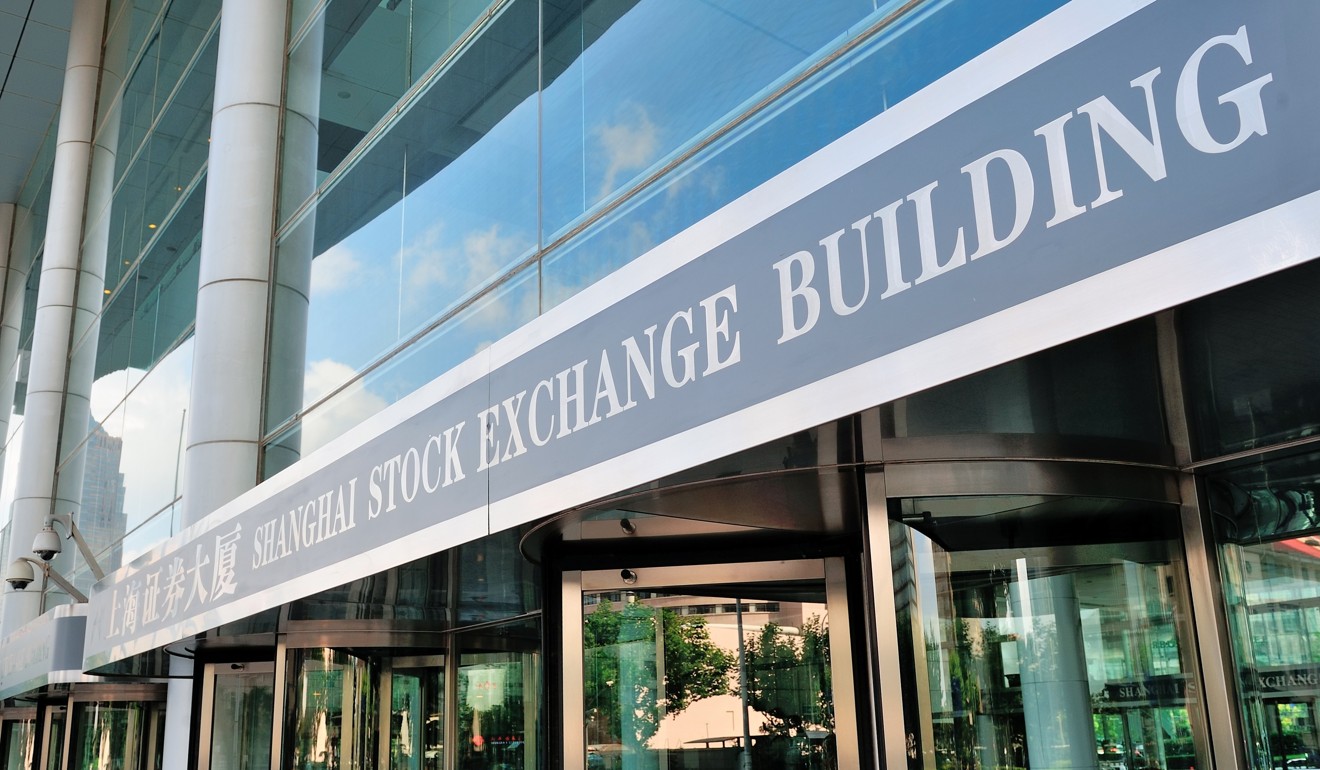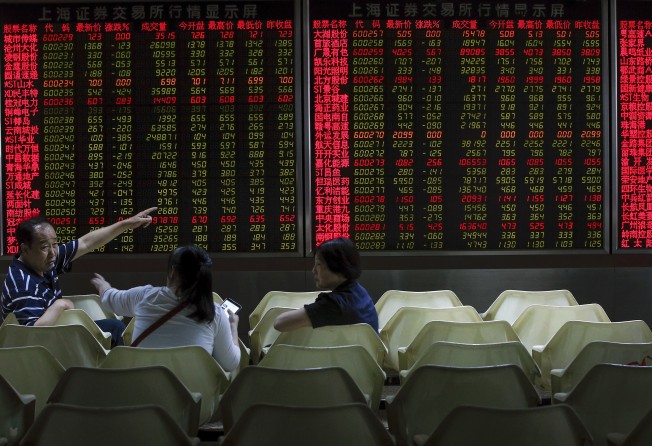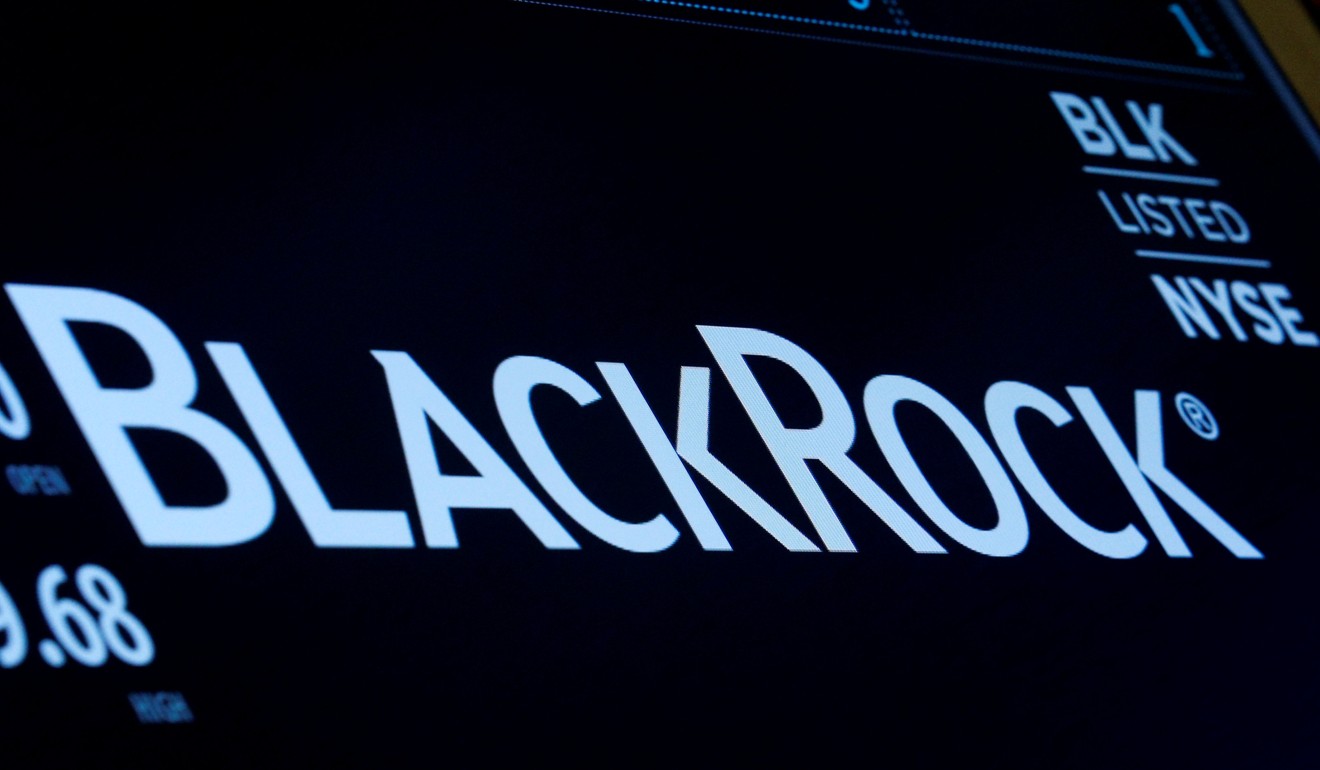
With MSCI quadrupling China A shares’ weighting in its global benchmarks, fund managers expect inflows of US$7 billion
- A shares’ weighting will rise to 12.2 per cent in the MSCI China Index and to 4.1 per cent in the MSCI Emerging Markets Index after the market close today

Fund managers expect fresh inflows of nearly US$7 billion into Chinese equities from global investors after index compiler MSCI lifts the weighting of A shares in its benchmark gauges for the third time this year.
“It is more than just a fresh influx of capital,” said Shen Ye, a Shanghai-based hedge fund manager. “The move by MSCI to continuously raise the weighting of Chinese shares means the stocks here have long-term growth prospects and are worth buying.”
BlackRock, the world’s largest asset manager with US$6.84 trillion in assets under management, predicts that the upcoming adjustment by MSCI will help A shares draw passive fund inflows of US$6.7 billion.
China International Capital Corp, one of the mainland’s leading investment banks, is more upbeat, expecting overall capital inflow of up to US$40 billion from both passive and active funds.

The inclusion factor of mainland listed companies in MSCI’s indices will rise from 15 per cent to 20 per cent after the market close on Tuesday. MSCI has increased the inclusion factor of A shares by 5 percentage points each time in May, August and November, and has quadrupled it since they were added to the benchmarks in June 2018.
MSCI will add 189 mainland-traded mid-cap stocks including some from the start-up board ChiNext in its benchmarks.
Following the rebalance, A shares’ weighting in the MSCI China Index is estimated to hit 12.2 per cent and 4.1 per cent in the MSCI Emerging Markets Index, from 7.8 per cent and 2.5 per cent during the last adjustment in August.
The benchmark Shanghai Composite Index, however, has stayed practically flat since MSCI increased A shares’ weighting from 10 per cent to 15 per cent on August 27. The index has fallen 0.13 per cent from 2,902.19 to 2,906.17 on Monday.
But mainland traders remain bullish on the market outlook after the completion of the adjustment.
On Monday, the Shanghai index capped a three-day losing streak as it gained 0.7 per cent on expectations of a strong rally from the projected global fund inflows.
China’s stock market, known for its frequent roller-coaster rides, had been snubbed by MSCI three times before the index compiler included mainland listed stocks in its benchmarks in 2018.
Mainland securities regulators relished the success of the inclusion after years of efforts to internationalise the domestic equity market to match the country’s increasing economic might worldwide.

In 2014, Hong Kong and mainland regulators launched the Stock Connect scheme to allow cross trading of shares on each other’s exchanges, taking a significant step towards a wider opening of the yuan-denominated share market.
Ivan Li, asset manager with Shanghai-based Loyal Wealth Management, said the market will receive a boost from international fund inflow. “It will also inspire mainland investors to better learn how to invest on valuation,” he said.
New York-based BlackRock, however, said that more efforts were needed to fine-tune the trading mechanism despite the three rounds of A shares’ inclusion.
“A number of hurdles remain on the road ahead, such as insufficient risk management tools, differences in trading holidays between mainland China and Hong Kong, and the short settlement cycle of China A shares,” Thomas Taw, head of iShares investment strategy for Asia-Pacific at BlackRock, said in a recent research note. “How long a full inclusion process could take is largely unknown, unprecedented, and dependent on meaningful progress in alleviating investor concerns.”